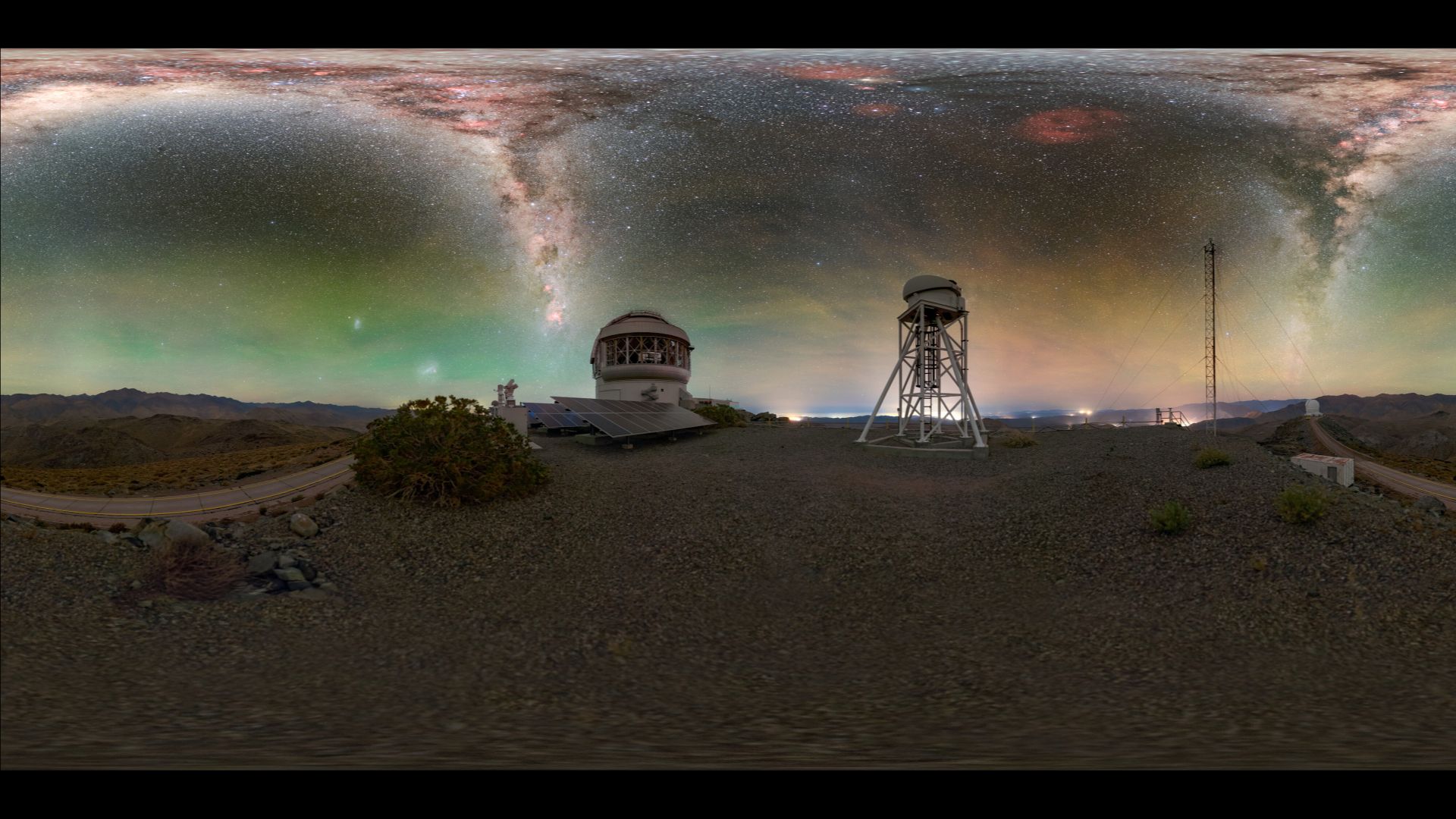Vice President Kamala Harris to lead National Space Council under Biden administration
"I am honored to lead to our National Space Council," Harris says.

The National Space Council, a space policy group resurrected by the Trump administration, will continue in a new form under the Biden White House with Vice President Kamala Harris at the helm.
Harris intends "to put her own personal stamp" on the council to focus on a wide variety of space policies, including the sustainable development of commercial spaceflight, "advancing peaceful norms and responsible behaviors in space," climate change and more, senior administration officials said in a call with reporters Saturday (May 1).
"As I've said before: In America, when we shoot for the moon, we plant our flag on it," Harris said on Twitter Saturday after the call. "I am honored to lead to our National Space Council."
White House officials are currenting searching for an executive secretary for the new council, an effort that has been "well underway for sometime," senior administration officials said. They did not set a timeline for when the council's first meeting could take place.
The Biden administration's pick for NASA administrator, former senator Bill Nelson of Florida, was unanimously confirmed by the Senate this week and will be sworn in as NASA's new chief on Monday (May 3).
Video: Biden-Harris support for NASA during 1st 100 days
Related: Presidential visions for space exploration: From Ike to Biden
The National Space Council (NSC) was first created in 1989 by the administration of George H. W. Bush to review U.S. space policy and make recommendations to the president. It was active until 1993 before disbanding.
Breaking space news, the latest updates on rocket launches, skywatching events and more!
The Trump administration revived the NSC in 2017 under the leadership of then-Vice President Mike Pence (the vice president typically chairs the council), who challenged NASA to return astronauts to the moon by 2024 — the goal of the agency's Artemis program. The NSC also informed Trump's space policy directives to reduce red tape for commercial spaceflights, improve cybersecurity in space and create the U.S. Space Force.
As I've said before: In America, when we shoot for the moon, we plant our flag on it. I am honored to lead our National Space Council.May 1, 2021
The Biden administration has expressed support for the Artemis program and the Space Force, but Harris is expected to bring additional policies to the fore.
National security will continue to be a focus for the council under Harris, as well as enhancing cybersecurity for U.S. assets in space, senior administration officials said. She will also prioritize climate change, STEM efforts for science, engineering and math education, as well as diversity in the space industry's workforce and economic development, they added.
Related: 20 trailblazing women in astronomy and astrophysics
Harris has already expressed an interest in U.S. spaceflight and recently made calls on two occasions to astronauts on the International Space Station.
In February, she spoke with Victor Glover, the first Black astronaut to fly a long-duration mission on the International Space Station, in a call that took place during Black History Month. "You are inspiring us and you are reminding us of what is possible when we dream big and when we think big," Harris, who is the first woman and women of color to serve as vice president, told Glover.
Glover will return to Earth Sunday (May 1) alongside three crewmates on SpaceX's Crew-1 Dragon Resilience to end a six-month mission to the station.
Shortly after Harris' call with Glover, she spoke with NASA astronauts Kate Rubin and Shannon Walker on the space station for Women's History Month. "They are setting an example for little girls around the world to dream big, lead with conviction, and to see themselves as the scientists and astronauts of tomorrow," Harris said of the astronauts on March 24, when NASA released video of the call.
"Congratulations on all of your success and just being women in space — you all are such incredible role models," Harris said in the video.
Rubins returned to Earth in April on a Russian Soyuz spacecraft. Walker will return to Earth Sunday with Glover and astronauts Mike Hopkins of NASA and Soichi Noguchi of Japan.
Email Tariq Malik at tmalik@space.com or follow him @tariqjmalik. Follow us @Spacedotcom, Facebook and Instagram.

Tariq is the award-winning Editor-in-Chief of Space.com and joined the team in 2001. He covers human spaceflight, as well as skywatching and entertainment. He became Space.com's Editor-in-Chief in 2019. Before joining Space.com, Tariq was a staff reporter for The Los Angeles Times covering education and city beats in La Habra, Fullerton and Huntington Beach. He's a recipient of the 2022 Harry Kolcum Award for excellence in space reporting and the 2025 Space Pioneer Award from the National Space Society. He is an Eagle Scout and Space Camp alum with journalism degrees from the USC and NYU. You can find Tariq at Space.com and as the co-host to the This Week In Space podcast on the TWiT network. To see his latest project, you can follow Tariq on Twitter @tariqjmalik.
